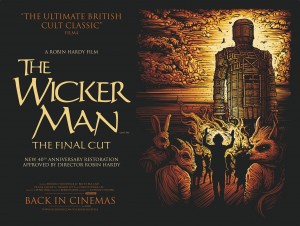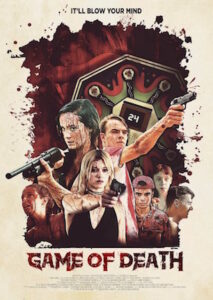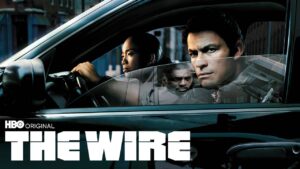Wants, Needs, and Character Arcs
StudioBinder is a computer application for film production but they also host a YouTube channel about film that can be very enlightening into all aspects of cinema including story structure. Recently I came across a series of video they made on story endings and how they break down into 4 large categories. That has spurned a lot of thought some of which I’m sharing here.
First off, the core concept they put forward is that characters have wants and needs. I would describe wants as what drive plot and needs as to what fulfills story.
The want is the character defined objective and its associated obstacles. The wants are malleable and often change as the plot progressed. In Moonraker Bond starts out wanting to know who stole the missing space shuttle but by the third act his want is to prevent Drax from killing humanity. The want is what the character is actively trying to achieve.
The need ties directly to character and their growth or fail to grow across the story. Need is the elements of the character that changes and what they need defines the nature of their change. In Moonraker as with many movies in the Bond franchise, Bond has no need. Psychologically and emotionally, he is complete and exits the story as exactly the same character that entered it. However, setting aside episodic story telling most characters have an arc, a change that transforms them in the story and that is tied to their need. Often a character is blindly unaware or in denial of their need. It is the lack of self-awareness about their need that hobbles the character and holds them back from achieving a more well-rounded emotional level.
If you follow the link, you’ll see that the people at StudioBinder define a happy ending as one where both the character’s wants and needs are fulfilled but I will voice an objection to that. Yes, it can be true, but it can also be true that meeting the need alone makes a happy ending. There are stories where what the character wants is wrong and the need when fulfilled supersedes the want and it is something that the character no longer desires and so failing to achieve it is not bitter-sweet or semi-sweet, but actually sweet. A good example of this is The Sure Thing an early romantic comedy from Rob Reiner. In it Gib’s, John Cusack’s character, want is to have commitment free sex with a blond bombshell, his need is to learn to have a deep emotionally adult relationship. Being a rom com, he achieves this when he learns to truly love and never has the free sex he chased after. His want is unfulfilled but satisfying his need changed his character so dramatically that the want simply sublimated away.
In Iron Man Tony Stark’s wants change and evolve with the plot, starting out he wants to party and have fun, then he wants to escape, and he wants to stop selling weapons and eventually he wants to stop Obadiah. His need is to find a purpose to his life and that is fulfilled by becoming Iron Man.
The results are flipped for Steve Rogers Captain America: The First Avenger. Steve’s want is to do his part in the war, and he does, spectacularly. His need is to ‘find the right partner’ the woman that loves and understands him as he is. Peggy is that woman but to fulfill his want Steve has to sacrifice his need, placing his duty before himself, because the need is tied to character not plot, and puts the plane down into the artic to what he believes will be his death.
Wants, Needs, characters and plots, there is a lot to think over here.





